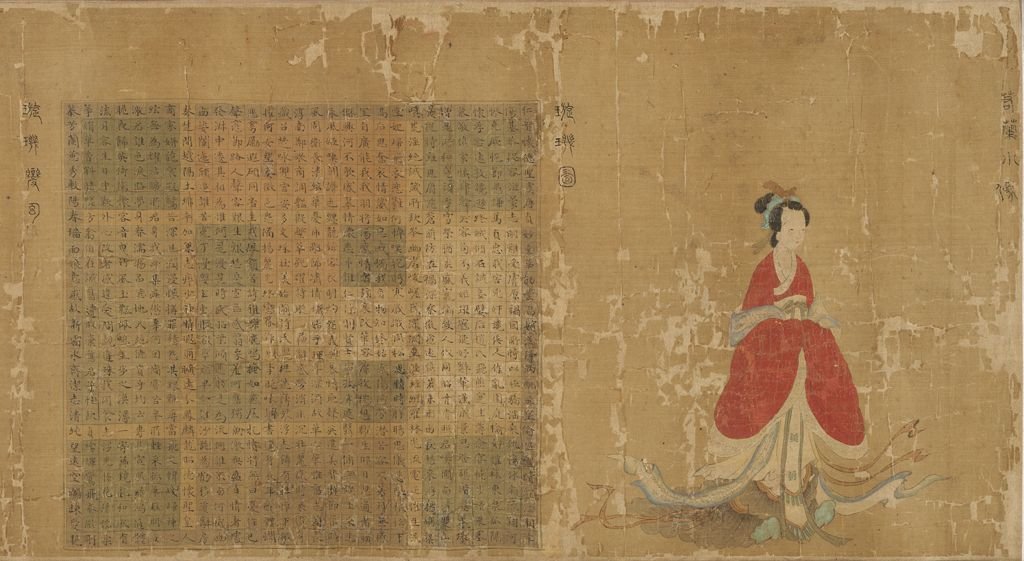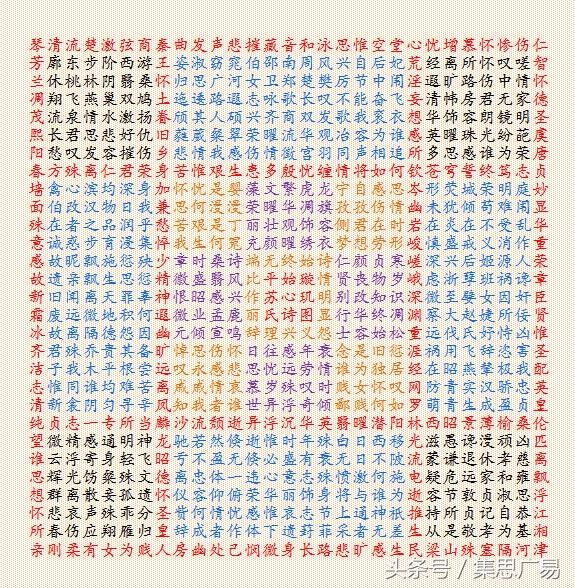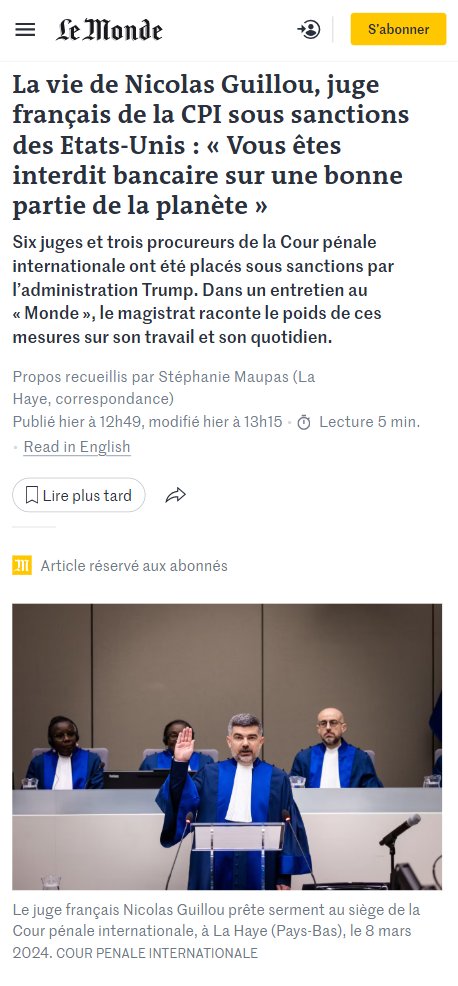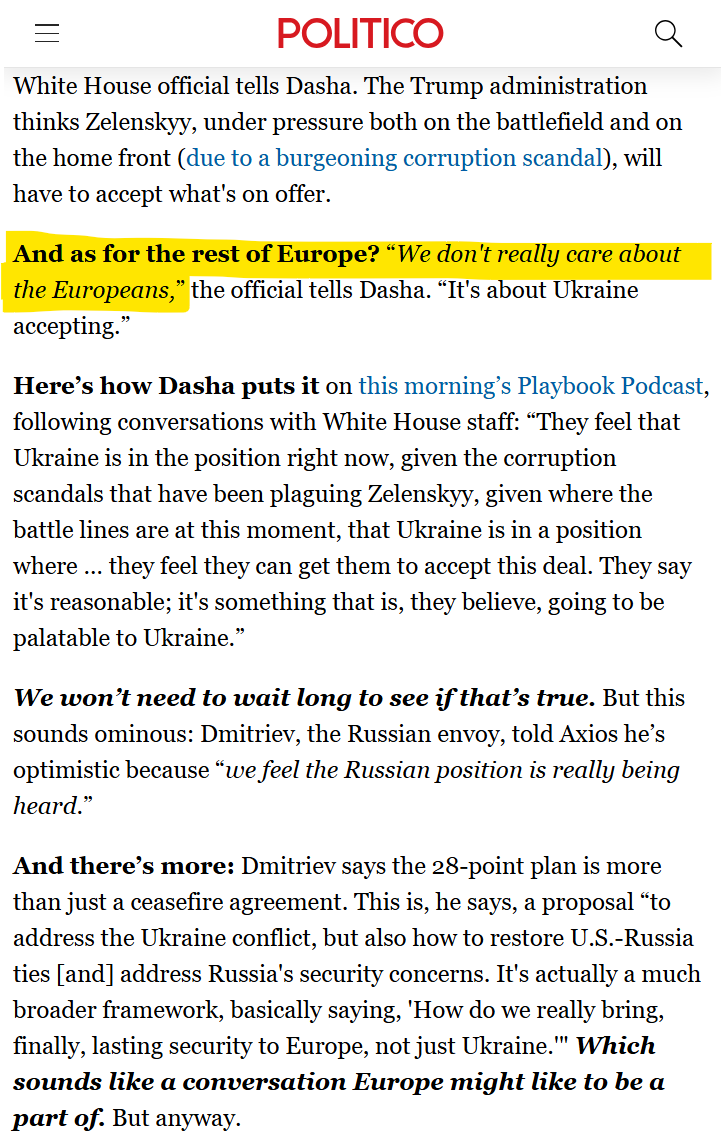I see many people commenting that the US is trying to pull a reverse Kissinger, wooing Russia away from China, completely missing the obvious truth right before their eyes: if there's a split happening, it's a Euro-US split.
That's a common flaw in human nature, we're often incapable to conceive that the status quo we've lived with our entire lives has fundamentally changed. We look to patterns from the past, seek to refight the previous war; it's far easier and more comforting to believe you're still in the box even when the box has disappeared.
Russia isn't going to split again from China, there is not a single chance in hell, it learned that lesson the hard way... Putin, as a famously keen student of history, understands how much damage that did.
And why would he? What benefit would Russia possibly derive from this? The world has changed: as we've seen during the Ukraine war the West unleashed its entire economic arsenal against Russia, only to demonstrate its own impotence. Russia last year was Europe's fastest-growing economy even when completely cut off from Western markets. So if the West's maximum pressure amounts to so little, its maximum friendship isn't worth much more.
It's utterly delusional to think that the two torch bearers of the Global South would split just as the emergence of the long sought multipolar order is finally coming true, all in exchange for a return of Western trade which they now know is dispensable, and an end to sanctions which they now know don't hurt much.
Also, kind reminder that Kissinger didn't actually split Russia and China: he took advantage of an already existing split. Geopolitically speaking, it's incredibly hard to split powers - especially great powers, but it's much easier to leverage an existing split. And looking at the landscape, those that are already split - or rather splitting - aren't Russia and China, but very much the U.S. and Europe.
A Euro-US split was bound to happen sooner or later, as the cost of the alliance increasingly outweighed the benefits on both sides. Especially with the rise of the Global South, China in particular, which initiated a profound identity crisis: suddenly you had countries "not like us" being far more successful, taking over an unsurmountable lead in manufacturing, and increasingly science and technology.
At some point there are three choices in front of you: join them, beat them, or isolate yourself from them and slowly decay into irrelevance. The West has been trying the "beat them" approach for the better part of the past 10 years and we've seen the results: an increasingly desperate series of failed strategies that only accelerated Western decline while strengthening the very powers they meant to weaken.
It also tried the "isolate yourself" approach with the various plans of "friend-shoring", "de-risking", "small yard, high fence", etc. That wasn't much more successful and the West undoubtedly sees the writing on the wall: the more you isolate yourself from a more dynamic economy, the further behind you get.
This leaves us with "join them", and here Trump's calculation seems to be that if the U.S. does so first, it undoubtedly can negotiate much better terms for the U.S., much like China did with Kissinger back in the late 1970s when it joined what was at the time still the U.S.-led international order. With Europe, like the Soviet Union back then, left with no choice but to accept whatever crumbs remain.
The situation of course isn't exactly similar. We're outside the box, remember... For one the U.S. isn't remotely in the same conditions as those of China back then and, unlike the Soviet Union, Europe lacks both the military might to resist this new arrangement and the economic autonomy to chart its own course. Which means that in many ways, geopolitically speaking, the U.S. is in better conditions and with more leverage than China had (and therefore able to get itself a better deal), and the EU ends up in worse conditions than the Soviets.
Still, the fundamental reality remains that Trump, for all his faults, seems to have understood earlier than Europeans that the world has changed and he'd better be the first to adapt. This was clear from Rubio's very first major interview in his new role as Secretary of State when he declared that we're now in a multipolar world with "multi-great powers in different parts of the planet" (state.gov/secretary-marc…).
As a European though, I can only despair at the incompetence and naivety of our leaders who didn't see this coming and didn't adapt first, despite all the opportunities and incentives to do so. They foolishly preferred to cling to their role as America's junior partner, even as that partnership was increasingly against their own interests, something which I've personally warned about for years.
Turns out, strangely, that the Europeans were in fact in many ways more hubristic and more trapped in the delusions of Western supremacy than the Americans. The price for this hubris will be very steep, because instead of proactively shaping their role in the emerging multipolar order, they will now have to accept whatever terms are decided for them.
That's a common flaw in human nature, we're often incapable to conceive that the status quo we've lived with our entire lives has fundamentally changed. We look to patterns from the past, seek to refight the previous war; it's far easier and more comforting to believe you're still in the box even when the box has disappeared.
Russia isn't going to split again from China, there is not a single chance in hell, it learned that lesson the hard way... Putin, as a famously keen student of history, understands how much damage that did.
And why would he? What benefit would Russia possibly derive from this? The world has changed: as we've seen during the Ukraine war the West unleashed its entire economic arsenal against Russia, only to demonstrate its own impotence. Russia last year was Europe's fastest-growing economy even when completely cut off from Western markets. So if the West's maximum pressure amounts to so little, its maximum friendship isn't worth much more.
It's utterly delusional to think that the two torch bearers of the Global South would split just as the emergence of the long sought multipolar order is finally coming true, all in exchange for a return of Western trade which they now know is dispensable, and an end to sanctions which they now know don't hurt much.
Also, kind reminder that Kissinger didn't actually split Russia and China: he took advantage of an already existing split. Geopolitically speaking, it's incredibly hard to split powers - especially great powers, but it's much easier to leverage an existing split. And looking at the landscape, those that are already split - or rather splitting - aren't Russia and China, but very much the U.S. and Europe.
A Euro-US split was bound to happen sooner or later, as the cost of the alliance increasingly outweighed the benefits on both sides. Especially with the rise of the Global South, China in particular, which initiated a profound identity crisis: suddenly you had countries "not like us" being far more successful, taking over an unsurmountable lead in manufacturing, and increasingly science and technology.
At some point there are three choices in front of you: join them, beat them, or isolate yourself from them and slowly decay into irrelevance. The West has been trying the "beat them" approach for the better part of the past 10 years and we've seen the results: an increasingly desperate series of failed strategies that only accelerated Western decline while strengthening the very powers they meant to weaken.
It also tried the "isolate yourself" approach with the various plans of "friend-shoring", "de-risking", "small yard, high fence", etc. That wasn't much more successful and the West undoubtedly sees the writing on the wall: the more you isolate yourself from a more dynamic economy, the further behind you get.
This leaves us with "join them", and here Trump's calculation seems to be that if the U.S. does so first, it undoubtedly can negotiate much better terms for the U.S., much like China did with Kissinger back in the late 1970s when it joined what was at the time still the U.S.-led international order. With Europe, like the Soviet Union back then, left with no choice but to accept whatever crumbs remain.
The situation of course isn't exactly similar. We're outside the box, remember... For one the U.S. isn't remotely in the same conditions as those of China back then and, unlike the Soviet Union, Europe lacks both the military might to resist this new arrangement and the economic autonomy to chart its own course. Which means that in many ways, geopolitically speaking, the U.S. is in better conditions and with more leverage than China had (and therefore able to get itself a better deal), and the EU ends up in worse conditions than the Soviets.
Still, the fundamental reality remains that Trump, for all his faults, seems to have understood earlier than Europeans that the world has changed and he'd better be the first to adapt. This was clear from Rubio's very first major interview in his new role as Secretary of State when he declared that we're now in a multipolar world with "multi-great powers in different parts of the planet" (state.gov/secretary-marc…).
As a European though, I can only despair at the incompetence and naivety of our leaders who didn't see this coming and didn't adapt first, despite all the opportunities and incentives to do so. They foolishly preferred to cling to their role as America's junior partner, even as that partnership was increasingly against their own interests, something which I've personally warned about for years.
Turns out, strangely, that the Europeans were in fact in many ways more hubristic and more trapped in the delusions of Western supremacy than the Americans. The price for this hubris will be very steep, because instead of proactively shaping their role in the emerging multipolar order, they will now have to accept whatever terms are decided for them.
• • •
Missing some Tweet in this thread? You can try to
force a refresh














